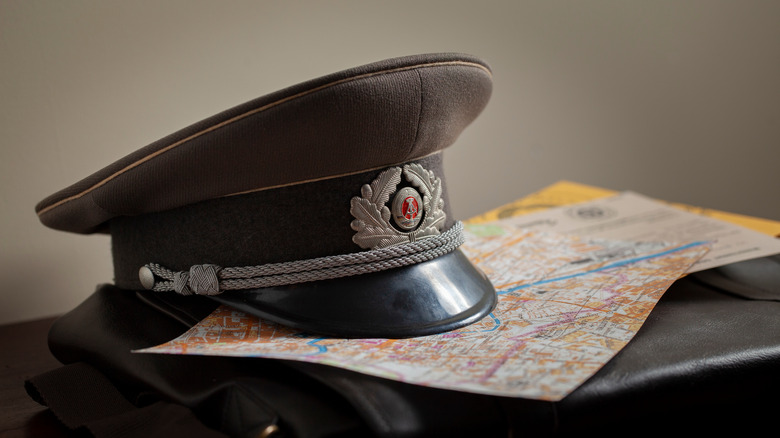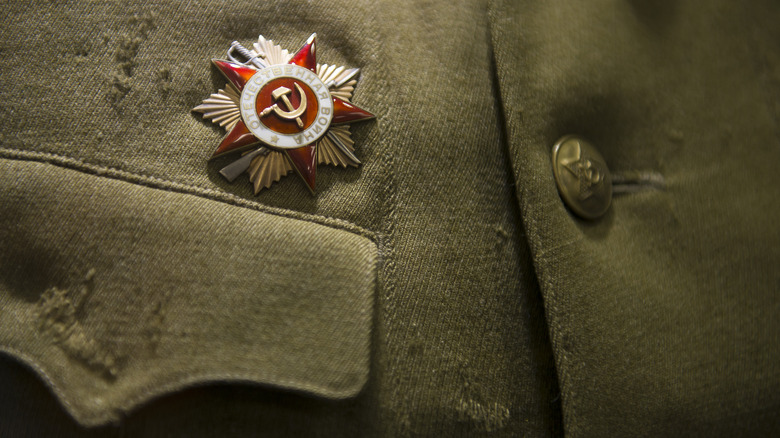Stanislav Lunev: The Soviet Defector Who Went Free Into Witness Protection
People spirited away into the federal witness protection program are often gangsters who hold the fate of an organized crime syndicate in their hands. Take Mickey Featherstone for example. The former hitman earned federal protection when he ratted on the Irish gang known as the Westies, who violently controlled the criminal underworld in New York City's Hell's Kitchen neighborhood beginning in the 1960s. His testimony brought the organization down in the late 1980s. However, some protection cases have much broader and more dire stakes than drug dealing, racketeering, and other activities crime syndicates tend to be involved in.
One such witness was Stanislav Lunev. According to The Infographic Show, he was a former Russian spy who spent years gathering information for the USSR in places like China, Singapore, and the United States. But in 1992, just after the collapse of the Soviet Union the year before, he made a truly shocking decision when he defected to the United States, the highest-ranking member of the Soviet military to ever do so. And what he told his former enemies was truly terrifying. Lunev spilled all the Soviet beans he had, and the feds gave him a new identity in return.
Stanislav Lunev said Russia was possibly sneaking suitcase-sized nukes into the US
But it wasn't the last the world heard of Lunev. According to the Nuclear Threat Initiative, his 1998 book "Through the Eyes of the Enemy," let the American people in on secrets like Russia possibly sneaking nuclear bombs the size of mere suitcases into the country, special hit squads trained to carry out assassination attempts on U.S. leaders, and the fact that Russia still considered the United States an enemy years after the end of the Cold War. During his time as a spy, it was his job to scout out potential drop sites for caches of weapons like atomic demolition munitions (ADMs), aka "nuclear suitcases."
Deseret News reports that he testified to the power of such weapons before the House Committee on Government Reform with a black bag over his head in 2000. The nuclear suitcases that had possibly been deposited in various drop sites across the United States could reportedly produce a blast of 10 kilotons. (For comparison, the bombs dropped on Hiroshima and Nagasaki, Japan, in World War II exploded with around 13 and 21 kilotons of force, respectively, according to the Atomic Heritage Foundation.) Despite his status in the Russian military before defecting, Lunev was unable to tell U.S. lawmakers where said weapons were dropped, or if they ever actually were, because his job was merely to find potential sites. Confirming sites for weapons drops was the responsibility of a different agent. After testifying, Lunev slipped back into the safe obscurity of the witness protection program.

